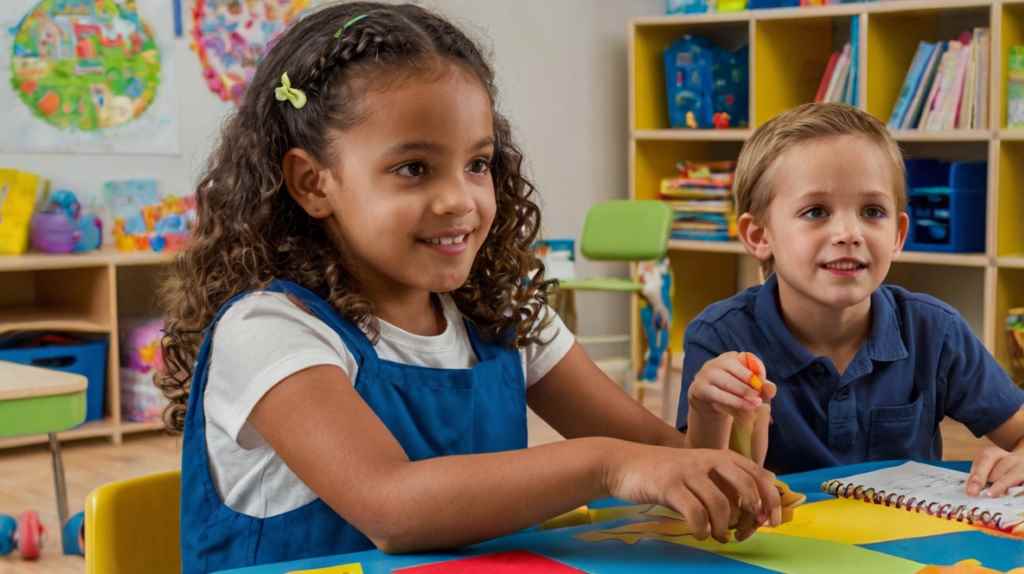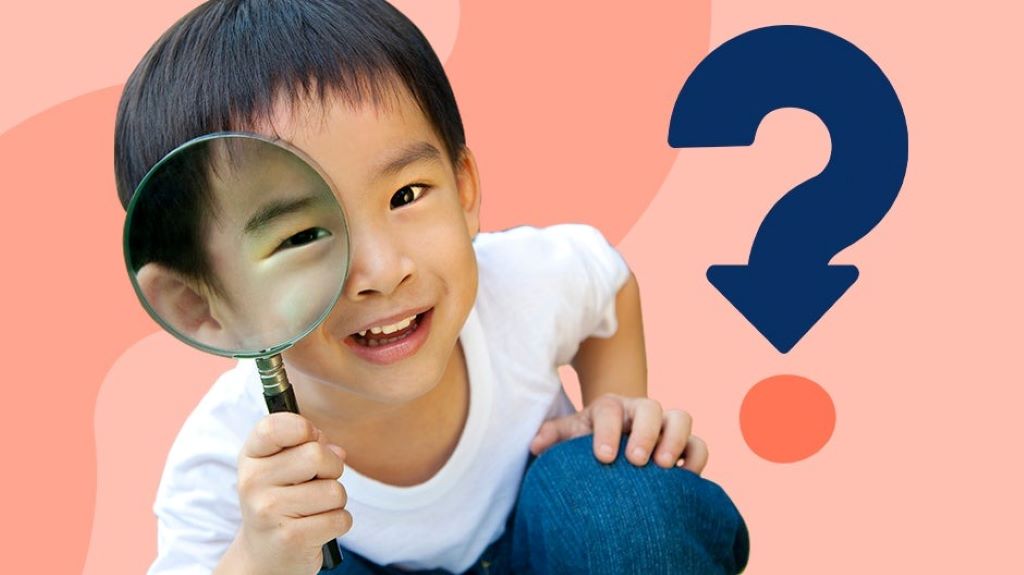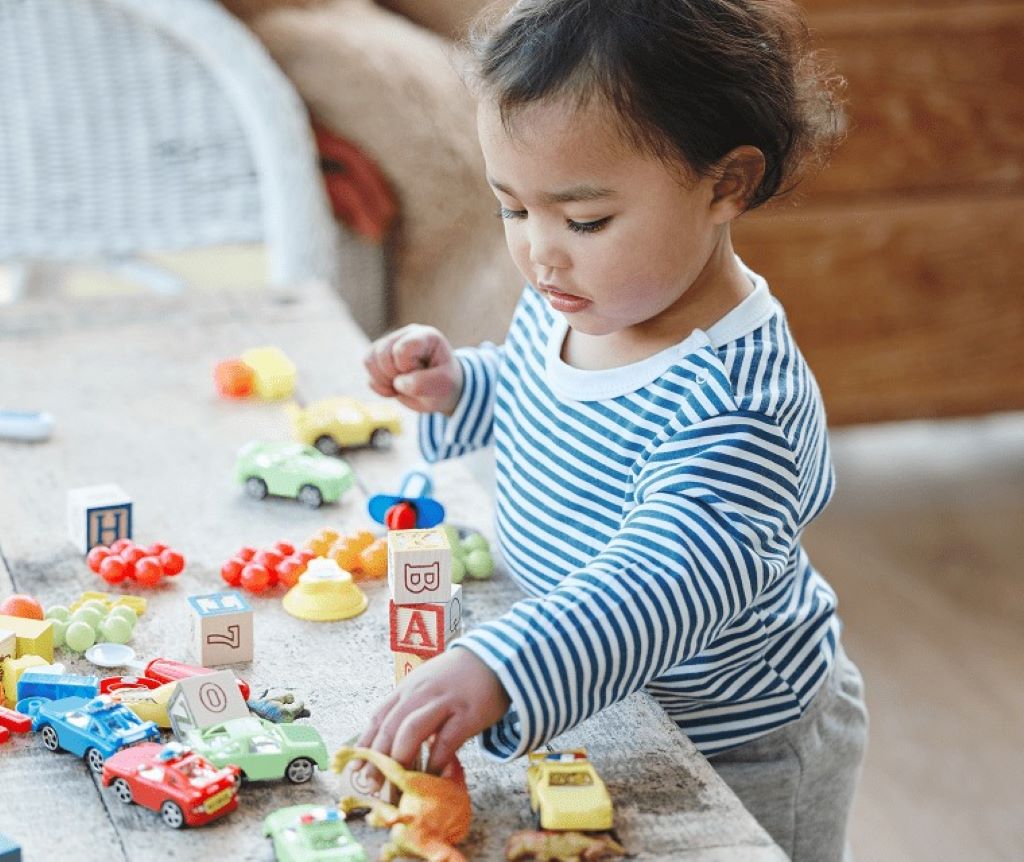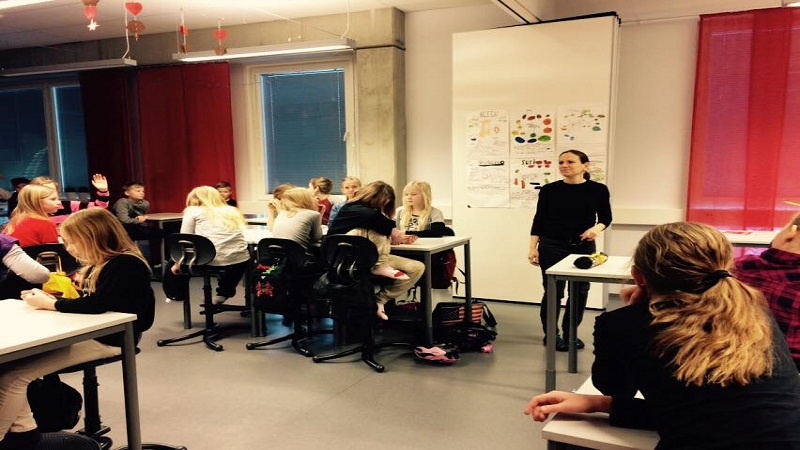Getting a basic understanding of the core twelve units required for certification in early childhood studies becomes important. These units constitute the building blocks of your knowledge and skills, so as to move with confidence in caring for and teaching other people’s children. A fundamental definition in this context is of early childhood education units. Let’s examine what are the 12 core early childhood education units, what they are meant for and their importance in the entire course of attaining a degree in the education course nursing.
Child Growth and Development
This unit deals with the description and analysis of the physical, cognitive, emotional, and social development of a child from birth to the adolescent period. You will engage in the study of various developmental theories and learn their application in an early childhood education setting. All the concepts that surround the development of children are basic for the planning of learning materials and activities.
Child, Family, and Community

In this unit, you will look at the child, how the child’s family and society, or even the culture, influences education and development of the child. You will analyze various family structures and ways of ethnic and economic diversity and discover how the families within the community can be involved in learning. This unit focuses on the necessity to develop appropriate connections with families so as to assist in children s’welfare activities.
Curriculum Development
Appropriate knowledge and skills needed for the development and implementation of developmentally appropriate curriculum are introduced in the unit. You will be familiar with how to plan activities and set up the environment so that it enhances the learning and development of children. This unit is important in knowing how to plan and implement good educational content for the youngest children.
Principles and Practices of Teaching Young Children
This unit introduces some of the basic elements of teaching in the settings of the very young children’s education. You will be conversant with classroom organization, approaches to teaching, and positive learning spaces. This unit equips an individual with ideas and skills in the practice of being an early childhood educator.
Health, Safety, and Nutrition
This unit centers on health, safety, and nutrition in early childhood education practice. You will be able to understand growth-related problems, first aid procedures and nutrition for little children. This unit makes sure that you will be able to ensure a safe and healthy environment to nurture children.
Observation and Assessment
In this unit, you will gain competencies in observing and assessing children’s development and learning. You will discover how to utilize different types of tools and methods in order to achieve curriculum goals and also individualize instruction. This unit is largely held to explain how children’s development can be evaluated and encouraged.
Teaching in a Diverse Society
This particular unit looks at diversity, equity and inclusion in early childhood education. You will look for the ways to make the learning environments culturally responsive and inclusive of everyone. This unit also highlights the need to appreciate and respect diversity in the classroom.
Child Guidance
In child guidance, effective discipline and management of children focuses on the desired behavior. You will learn how to enhance children’s social and emotional growth as well as how to manage classes positively. This unit is very important in dealing with difficult behavior and improving children’s learning.
Language and Literacy Development
This unit focuses on acquisition of language and literacy skills in young children. You will learn about language acquisition stages and how to foster children’s literacy development. This unit is particularly important to encourage young children who are interested in reading and writing.

Creative Arts
In this unit you will learn how creative arts are helpful for the young children in the formal education system. You will learn different art works, for instance, visual arts, music, dance, drama and their integration into the curriculum. This unit insists on the role of imagination and self-expression in children’s growth and development.
Math and Science Devise
This unit deals with the acquisition of math and science skills by the young children. You will learn how to plan and implement interesting and age appropriate math and science activities. This unit is crucial in enhancing children’s inquisitiveness and critical thinking abilities.
Professional Behavior in Early Childhood Education
This unit deals with the ethics and professional conduct of the educators of young children. You will come to understand the various criteria and professional attributes holding different aspects in practice. This unit teaches that professionalism in the field and within oneself requires continual development.
The Final Thing
The 12 core early childhood education units form the best course blueprint for any in training early childhood educator. These units encompass child develop studies, policies and procedures for curriculum mapping and health and safety in regard to child career01 and professional conduct02. Upon completion of these units, everybody, including you, will be in a position to create adaptive, ethnically aware, and all rounded fun learning settings for children of young ages.
Do not forget that the quest towards mastering the art of ECE hassome more volumes somewhere underneath this very first one that you should read. Get out there and teach, embrace new adventures and challenges and motivate and nurture the little ones around you. You’ve got early childhood education units!








